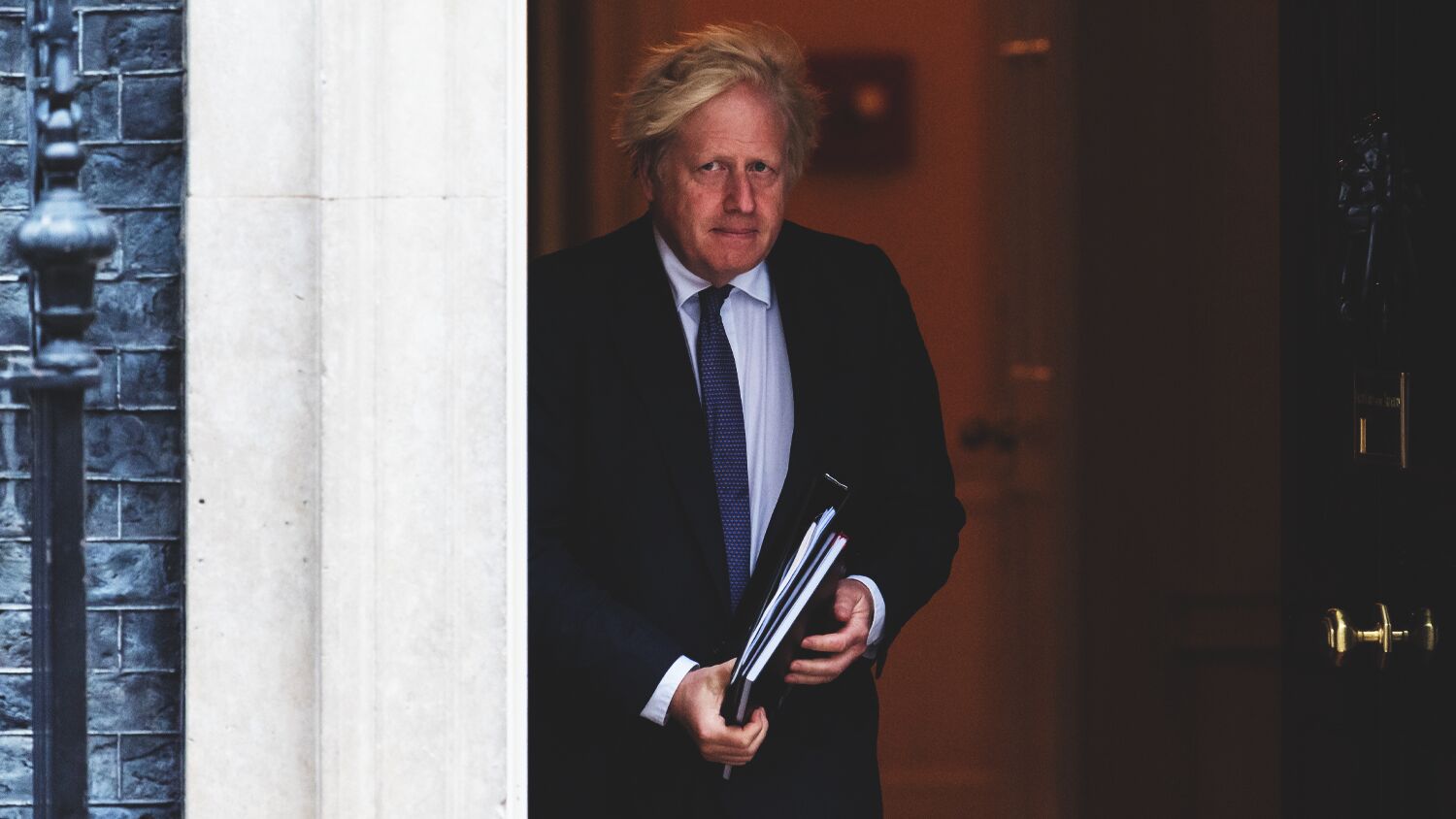
London Furious Over U.S. Afghan Withdrawal
The British houses of Parliament delivered heated criticism on August 18 against the Biden administration’s botched withdrawal from Afghanistan. The United States was the main contributor of Western forces supporting the Afghan government, but Britain, Germany, Australia and others also contributed. The British government feels betrayed.
“The West could not continue this U.S.-led mission—a mission conceived and executed in support and defense of America—without American logistics, without U.S. air power and without American might,” said British Prime Minister Boris Johnson.
“The American decision to withdraw was not just a mistake—it was an avoidable mistake, from President [Donald] Trump’s flawed deal with the Taliban to President Biden’s decision to proceed, and to proceed in such a disastrous way,” said Ed Davey, leader of the Liberal Democrats.
Especially livid was the House of Commons’ Chairman of the Foreign Affairs Committee, Tom Tugendhat, who is an Afghan veteran. “Like many veterans, this last week has been one that has seen me struggle through anger and grief and rage—the feeling [of] abandonment of not just a country, but the sacrifice that my friends made,” he said.
“I was never prouder than when I was decorated by the 82nd Airborne [Division] after the capture of Musa Qala,” he continued. “It was a huge privilege, a huge privilege to be recognized by such an extraordinary unit in combat. To see their commander in chief call into question the courage of the men I fought with, to claim that they ran, is shameful. Those who have never fought for the colors they fly should be careful about criticizing those who have.”
Perhaps the most stinging comments came from two former prime ministers. Theresa May, Johnson’s predecessor, questioned his decision to follow the Americans out.
“Was our intelligence really so poor?” she asked. “Was our understanding of the Afghan government so weak? Was our knowledge of the position on the ground so inadequate? Did we really believe this? Or did we just feel that we had to follow the United States, and hope that, with a wing and a prayer, it would be all right on the night?”
Even former Prime Minister Tony Blair joined in the criticism. He helped U.S. President George W. Bush launch the Afghan invasion in 2001. He posted an essay on his website August 21. “We didn’t need to [retreat],” he wrote. “We chose to do it. We did it in obedience to an imbecilic political slogan about ending ‘the forever wars,’ as if our engagement in 2021 was remotely comparable to our commitment 20 or even 10 years ago, and in circumstances in which troop numbers had declined to a minimum and no allied soldier had lost their life in combat for 18 months.”
Blair didn’t mention Biden by name, but “forever wars” is a reference to Biden’s election campaign slogan. His official election website read: “Biden will end the forever wars in Afghanistan and the Middle East, which have cost us untold blood and treasure.”
After the 9/11 terror attacks Blair told the U.S. government: “We were with you at the first. We will stay with you to the last. … This is a battle with only one outcome: our victory not theirs.”
On August 24, there will be an emergency G-7 meeting. The Telegraph reported that Prime Minister Johnson plans to pressure Biden to delay his withdrawal. Similar requests by British Foreign Secretary Dominic Raab and Defense Secretary Ben Wallace were ignored. It remains to be seen whether the G-7 meeting will yield any changes.
Since World War ii, America and Britain have had what many call a “special relationship.” While the two nations have had their differences, no two allies have been so close for so long in modern times. Together, Britain and America defeated tyranny in World War i, World War ii and the Cold War. Their troops fought alongside each other in the Korean War, the Gulf War and other conflicts.
But these kinds of alliances aren’t necessarily permanent. One can wonder if this is the beginning of the end of the special relationship.
The Trumpet has been watching for this to happen for years.
Unlike other news sources, we at the Trumpet analyze world news through the lens of Bible prophecy. This is especially relevant when analyzing news from Britain and America. Herbert W. Armstrong, editor in chief of our predecessor magazine, the Plain Truth, proved in his book The United States and Prophecy that both countries are descended from the ancient Israelites (request your free copy for more information). Specifically, Britain is descended from the Israelite tribe of Ephraim, who would “become a multitude [or Commonwealth] of nations” (Genesis 48:19). The tribe of Manasseh was also to “be great” (verse 19), and its descendants today are the peoples of the United States.
A prophecy in the book of Isaiah states that Ephraim and Manasseh would turn on each other. “And he shall snatch on the right hand And be hungry; He shall devour on the left hand And not be satisfied; Every man shall eat the flesh of his own arm. Manasseh shall devour Ephraim, and Ephraim Manasseh; Together they shall be against Judah” (Isaiah 9:20-21; New King James Version).
With the latest comments from London, we’re seeing Ephraim and Manasseh’s brotherhood being broken. To learn more about why this is happening, please request a free copy of The United States and Britain in Prophecy.
